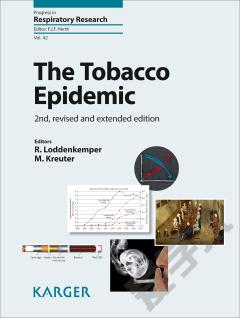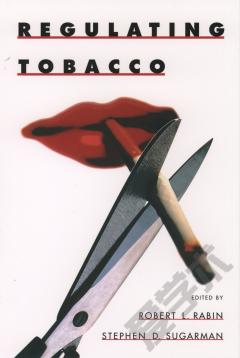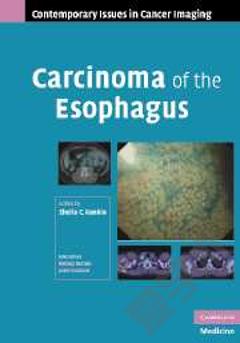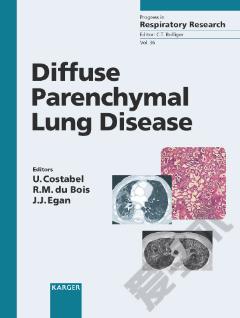The Tobacco Epidemic
A Karger 'Publishing Highlights 1890–2015' title Today it is a well-established fact that cigarette smoking is fundamentally a form of addiction to the drug nicotine. However, this does not mean that smoking can entirely be explained in terms of pharmacological factors - as with any drug addiction, social, economic, personal and political influences all play an important part in determining patterns of prevalence and cessation. This publication provides a comprehensive, up-to-date review of tobacco smoking. Written by internationally acknowledged experts, the 15 chapters of the book cover the history, economics, epidemiology, and psychology of tobacco use. The medical consequences of both active and passive smoking are discussed in detail, and the pharmacological and behavioral aspects of nicotine dependence are highlighted. Several chapters focus on smoking cessation, examining patterns and predictors of cessation in the general population and the role of GPs, nurses and pharmacists, and evaluating nicotine replacement therapy and other drugs, as well as the role of smokeless tobacco. Measures to prevent smoking such as smoke-free environments, advertising bans, and price increases are also considered. Finally, recommendations are given to change legislation concerning tobacco products in order to most effectively reduce the harm associated with nicotine use. This book is a must for anyone in the medical profession interested in smoking-related issues. Due to its easy readability and topicality, it will also appeal to nonmedical readers.
{{comment.content}}








 京公网安备 11010802027623号
京公网安备 11010802027623号